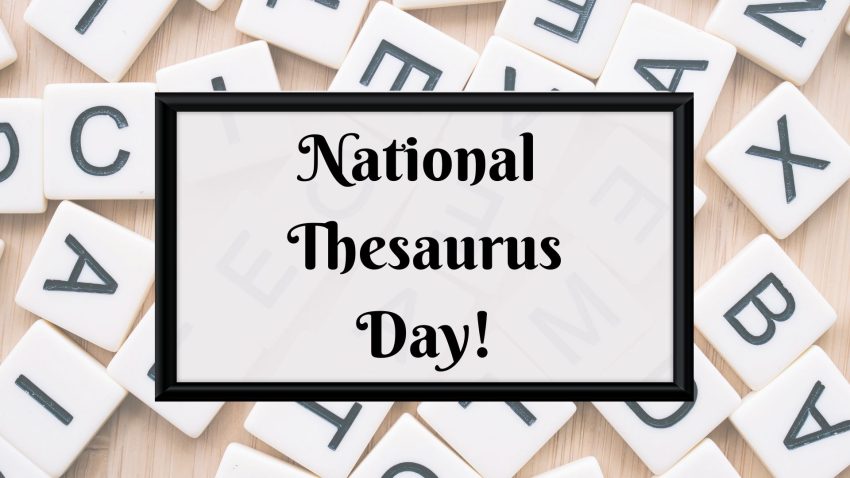Yesterday was National Thesaurus Day! Wait…a holiday surrounding a thesaurus? Maybe we shouldn’t be surprised.
After all, the thesaurus is one of the most useful and versatile tools in a writer’s arsenal—even if we do like to poke fun when authors seem to overuse one! But we’ve come a long way from mere dictionaries full of synonyms and antonyms. Features like concept indexes, grammatical filters, and even slang entries have allowed the modern thesaurus to make writing easier than ever, giving birth to a slew of thesaurus sub-types you may not have even heard of.
Which, I promise you, is a shame. Because this new generation of highly tailored thesauruses is incredibly awesome–let’s take a look!
Each of the galleries below highlights some of my personal favorites, and underneath each, you can read how they’ve helped me and what makes them special!
The Writers Helping Writers series
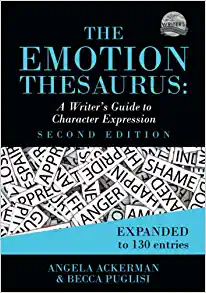
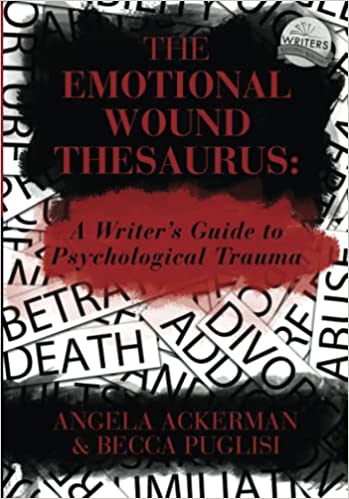
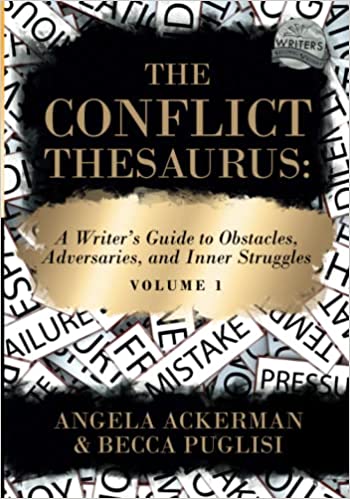
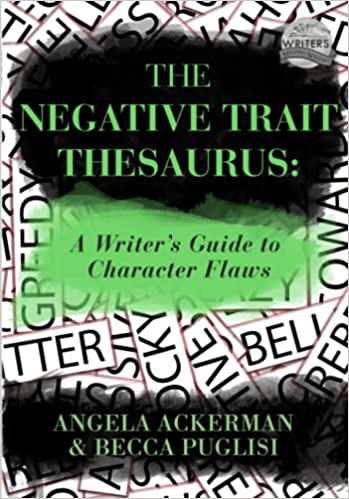
What makes this series unique is not only providing and organizing words. Rather, they function as the ultimate show-not-tell cheat sheet. For instance, entries in the Emotional Thesaurus provide many different ways to craft emotion and lists of inspiration for body language cues, visceral responses, and unique character reactions. That can really make writing easier! But it gets even better than that.
I just got the Emotional Wound Thesaurus for Christmas. I am stoked about it! Besides more than 50 pages of character development tools and insights, it includes over 100 well-sorted traumatic experiences. Each entry explores the possible character traits, fears, needs, triggers, and so forth that might result and how they might manifest. I have a couple of very specific characters who are about to become so much more real!
This nifty Berlitz series
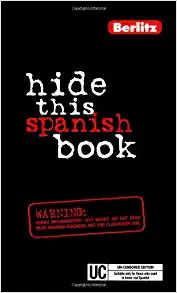
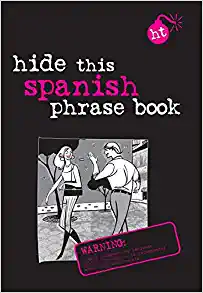
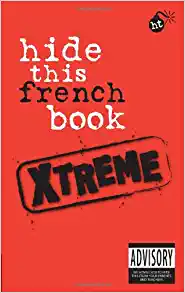
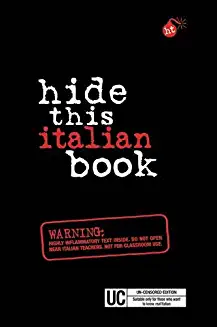
Do you write bilingual characters, or characters in a bilingual setting? Perhaps you don’t write in your first language. You may be no stranger to translation dictionaries and grammar guides, but if you haven’t discovered the Hide This _____ Book series, you’re missing your best chance of creating authentic dialogue. Especially if you like sass.
Packed with old colloquialisms, new slang, and the context for each, these guides even rate words and phrases according to how potentially offensive they might be… so that the French grandma in your story won’t be swearing any worse than you wanted her to.
The Classic Thesaurus (with a twist)
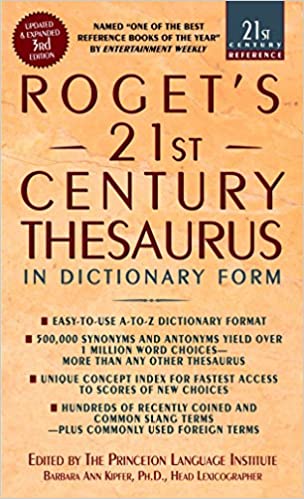
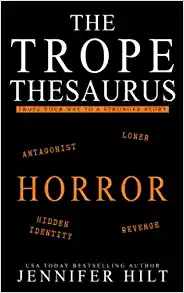
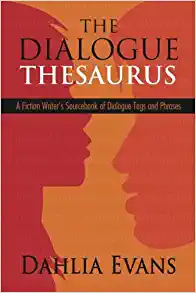
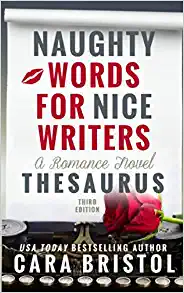
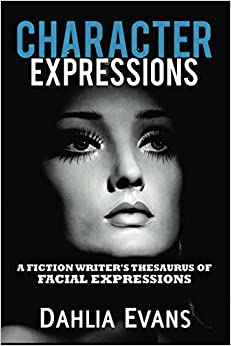
If there’s a reference book I use more than any other, it’s Roget’s 21st Century Thesaurus. It’s not just good for finding synonyms; it’s designed to help you find that word on the tip of your tongue that you just can’t think of for the life of you! The concept index in the back might be my very best friend (shh, don’t tell the others). I never fight through the Wordstorm without it!
Of course, sometimes you need something more in tune with your goals. A genre-specific thesaurus can be way useful in finding words that not only convey the right meaning but set the right tone.
Make writing easier
Whatever you write, don’t hobble yourself for no reason. Use the tools available to improve your craft! A thesaurus is definitely a tool we can celebrate. I, for one, can’t wait to start using my newest!
About the Writer: Kathryn Tamburri (@KathrynTamburriAuthor) writes clean YA epic fantasy novels which seethe with slow-burn romance. You can find more of her writing tips on The Devo Blog at KathrynTamburri.com, and learn from her publishing journey by subscribing to her fun author newsletter!
*Disclaimer: This blog contains Amazon Affiliate links. As an Amazon Associate, we earn from qualifying purchases to help generate more resources and opportunities for our writing community. We appreciate your support.
